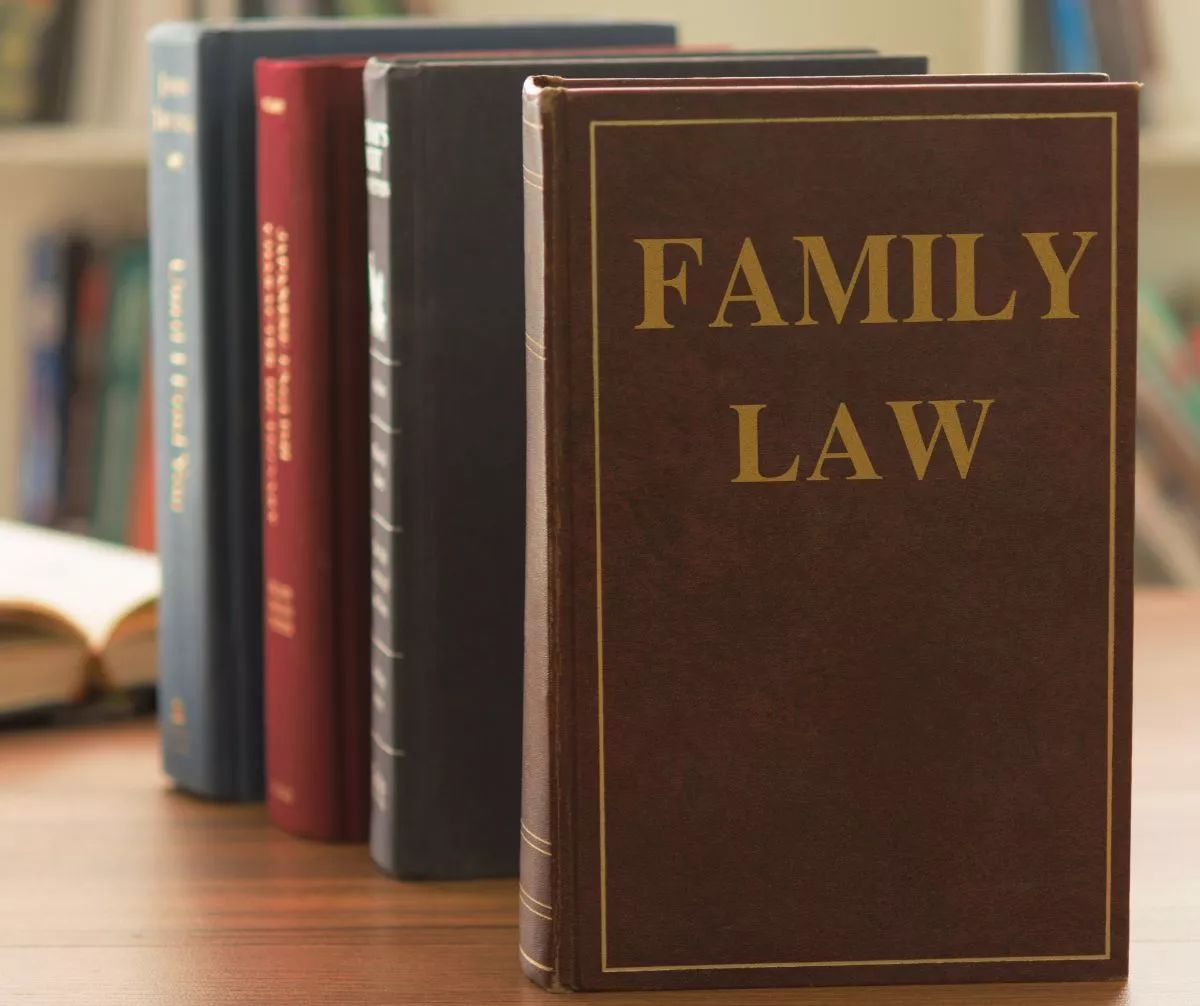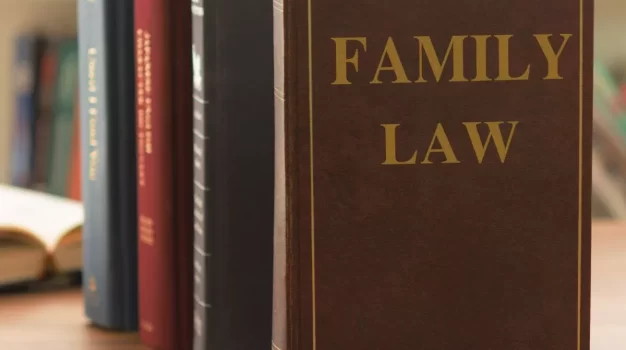Family Law Terminology – Glossary of Family Law Terms (2024)
California divorces follow a general timeline but each divorce is unique.
The California legal system can be filled with legal terms and phrases that may be unfamiliar to you. If you are involved in a California family legal proceeding, it is important to become aware of some of the phrases and terms that you may hear in a courtroom. It would also be beneficial to engage the help of an experienced family law attorney who can guide you through the process and explain some of the relevant legal terms.
Affidavit
An affidavit is a statement made under oath. It must be in writing, and it is typically prepared a couple of weeks before the trial.
Dissolution
Dissolution is the termination of a marriage. There are many factors that are involved in a dissolution, which can include the division of the spouse’s assets, the determination of child custody, child visitation, spousal support, alimony, etc. Once a marriage is terminated, spouses are then considered single or unmarried.
Nullity
A nullity is a legal action that declares a marriage invalid on the basis of fraud, force, an unsound mind, or physical incapacity. A nullity is different from a dissolution. Nullities are issued for instances in which the marriage never had any legal standing to begin with. A dissolution is the dissolving of a legal marriage.
Legal Separation
A legal separation enables a married couple to divide their assets and liabilities, determine their visitation and custody of any children, and figure out spousal support. A legal separation is different from a divorce or a dissolution.
Supervised Visitation
Supervised visitation is typically used when there is a need to protect a child because of abuse, violence, or neglect. This situation involves the participation of a third party elected by the court to be present during visitation times.
Legal Custody
Legal custody means that a parent has the right and responsibility to make decisions regarding the education, health, and welfare of a child. In the state of California, both parents are typically granted joint legal custody unless there are instances of substance abuse, abusive behavior, or domestic violence. Joint legal custody means that both parents equally share the decision-making responsibilities of the child.
Physical Custody
Physical custody refers to a parent’s right to have their child live in their home and care. One or both parents may have this right.
Sole Custody
This term refers to instances in which only one parent has custody of their child or children. The noncustodial parent may have to pay child support, and they may have visitation rights.
How a Family Law Attorney Can Help
Hiring a family law attorney is recommended before you proceed with your family law case. The California family court system can be intimidating. It can be reassuring to have a qualified family law attorney on your side who understands the court terminology and processes.
It can also be a cost–effective solution to have an attorney to guide you through the procedure. The court system often has strict deadlines that have to be met, and there are significant fees that could be imposed when the targeted dates aren’t adhered to.
FAQs
What Is the Family Code in the United States?
A: The family code in the United States is a set of laws that apply to family court cases involving family issues such as marriage, divorce, child custody, or spousal support. For the state of California, the family code is one of 29 legal codes enacted by the state legislature. The family code governs matters pertaining to family legal disputes. The legal courts and judges will apply the family code as they see fit on issues pertaining to family law.
Q: What Are Some Common Legal Terms?
A: Some examples of common legal terms are action, acquit, closing argument, cross-examination, and deposition. An action is a legal dispute that is brought before a court for a trial or a hearing. To acquit means to find the defendant not guilty. A closing argument is an argument that is presented after all of the evidence has been presented. A cross-examination is when an attorney asks the opposing party or witness questions. A deposition is a witness testimony that is presented before the court.
Q: What Is Status Quo in the California Family Code?
A: The status quo in the California family code is a court order that mandates that the family continue adhering to the current living arrangement. In custody situations, these orders are designed to protect the well-being of the child. The court will always consider the well-being of the child as the number one priority in every child custody case. A status quo order will mandate that the parents continue to follow the schedule that they have in place from the original court order.
Q: What Are Some Court Phrases?
A: Some of the common court phrases include commands such as “Jurors may be excused,” “Make your application to the judge,” “I direct the jury to disregard that statement,” or “Remember that you are under oath.”
Some common court requests can include “Do you recall making this statement?” “Do you swear that this statement is true and accurate to the best of your knowledge?” or “Do you wish to have the jury polled?” These phrases are common in courtrooms in the United States, and if your case is heard in front of a judge, you are likely to hear them.
The Law Offices of Hollie A. Lemkin, APC: A Firm You Can Count on
The family law court system can be complex to navigate, especially if you do not have the help of qualified legal counsel. Certain legal terms and phrases that are commonly used may be difficult to understand, but engaging the right legal team can help you better understand the terminology often used in a courtroom setting. Speaking with an attorney could give you the advantage you need to be well-prepared for your family court case.
At the Law Offices of Hollie A. Lemkin, APC, our legal team understands the difficulties presented by a family law case. We have over twenty years of experience in helping families all across the state of California resolve their legal issues, and we strive to treat each case with the compassion and dedication that it deserves. Contact our office today to see how we can support you through your legal proceedings.





